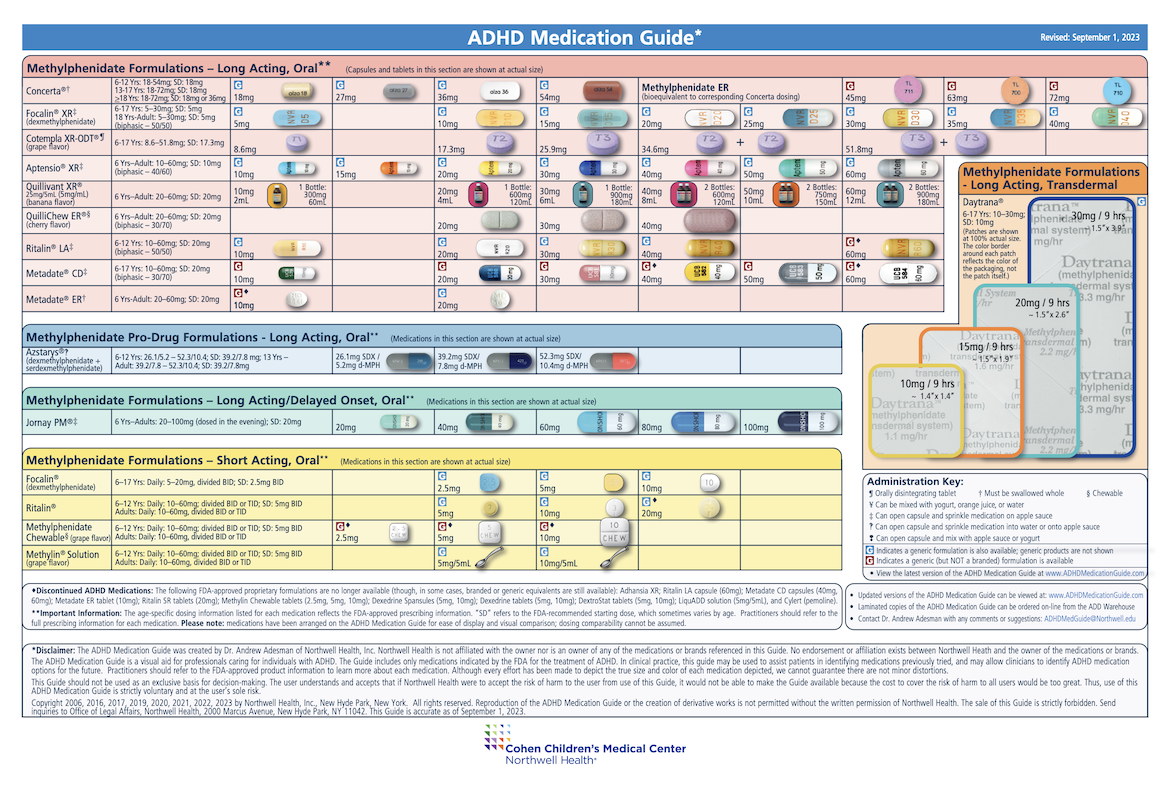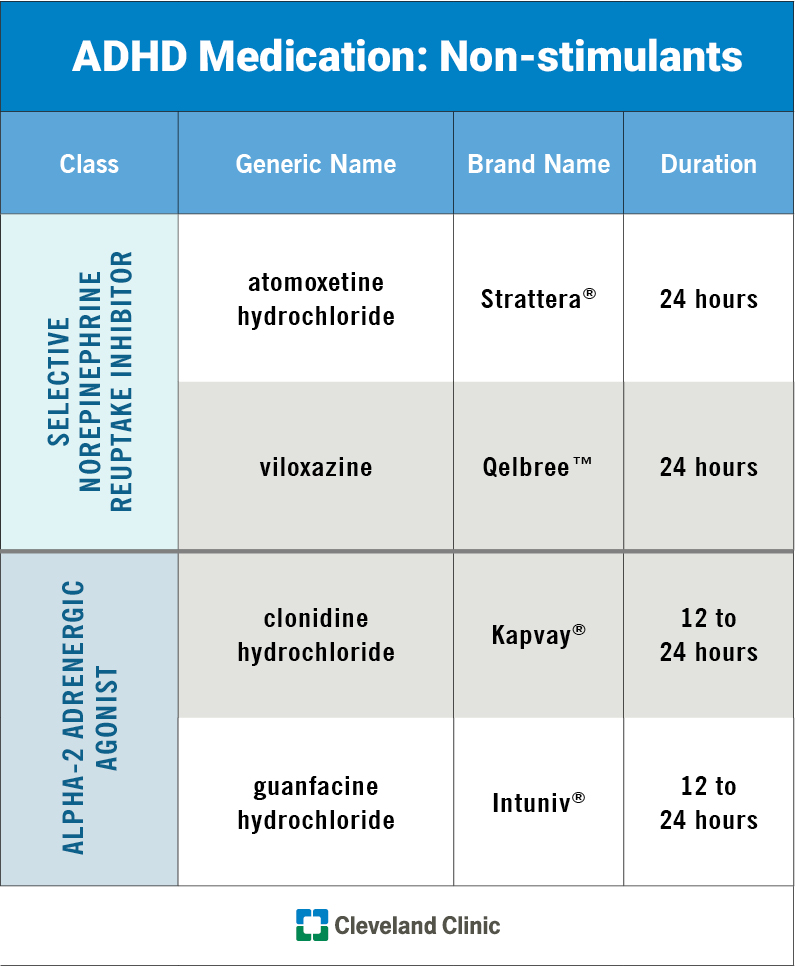Behavioral Health Services Designed for Holistic Care
Behavioral Health Services Designed for Holistic Care
Blog Article
The Benefits of Tailored ADHD Treatment Prepare For Better Outcomes
The implementation of individualized ADHD therapy plans has actually emerged as a pivotal strategy in improving therapeutic outcomes for individuals impacted by this problem. By identifying the distinct symptoms of ADHD in everyone, these tailored treatments advertise greater involvement and motivation, inevitably bring about more effective coping methods. This customized strategy not just addresses scholastic and work-related challenges but additionally fosters improved social relationships and overall lifestyle. The real degree of these advantages increases essential questions concerning the specific parts that add to long-lasting success and exactly how they can be optimized for varied populaces.
Understanding ADHD Irregularity
Although Attention-Deficit/Hyperactivity Condition (ADHD) is typically perceived as a single condition, its indications can vary significantly among individuals. This irregularity is influenced by an array of elements, consisting of age, gender, coexisting problems, and environmental contexts. Kids with ADHD might exhibit hyperactive actions, while adults might mostly have a hard time with focus deficits. Sex differences likewise play a function, as men are much more regularly diagnosed with ADHD and commonly display much more obvious symptoms, whereas women may offer with less apparent inattentiveness.
Furthermore, people with ADHD might experience a spectrum of emotional and behavioral challenges, such as stress and anxiety or opposite defiance, that can make complex medical diagnosis and therapy. The interaction of these variables can cause diverse experiences of ADHD, demanding a nuanced understanding of the condition. It is likewise worth keeping in mind that ADHD can offer differently across numerous social contexts, influencing just how signs and symptoms are acknowledged and dealt with. This understanding highlights the importance of acknowledging ADHD as a complex condition, which asks for individualized strategies to therapy that take into consideration the one-of-a-kind requirements and experiences of each individual.
Trick Elements of Personalization
Personalized ADHD therapy plans are grounded in numerous crucial components that make certain effective monitoring of the condition. First, a thorough evaluation is important, involving standard rating scales, interviews, and behavior observations. This thorough analysis allows medical professionals to understand the person's distinct symptoms, staminas, and challenges.
Second, the involvement of multiple stakeholders, including parents, instructors, and the individual, adds to a holistic view of the individual's demands. Cooperation promotes a supportive atmosphere that can adapt to the person's context and lifestyle.
Third, therapy plans should be versatile and versatile, enabling for adjustments based on recurring responses and the person's evolving needs. This versatility enables the combination of various healing strategies, such as behavior interventions, psychoeducation, and drug administration.
Moreover, social and contextual elements need to be considered. Recognizing the individual's background, values, and preferences makes sure that the therapy matters and considerate.
Last but not least, regular follow-ups and assessments are important to check progression and make essential changes. By concentrating on these key components, individualized ADHD therapy strategies can significantly enhance the effectiveness of treatments, bring about boosted end results for people with ADHD.
Enhanced Interaction and Motivation
To effectively promote boosted involvement and inspiration in individuals with ADHD, it is necessary to integrate techniques that reverberate with special info their passions and staminas. Customized treatment plans that straighten with a person's enthusiasms can cause enhanced participation in healing tasks, promoting a sense of Get More Information possession and interest for the process.
Utilizing interactive and imaginative techniques can also considerably boost inspiration. Incorporating gamification aspects or real-world applications of skills can make jobs much more enticing and appropriate. This not only catches attention however also strengthens learning via pleasurable experiences.
Moreover, establishing achievable and significant goals tailored to the person can reinforce inspiration. When individuals see their progression towards directly significant goals, they are most likely to remain engaged. Normal feedback and acknowledgment of accomplishments can additionally sustain motivation, developing a positive comments loophole that encourages ongoing initiative.
Finally, cultivating a supportive setting where people feel comprehended and valued can significantly affect their interaction degrees. When treatment strategies are developed collaboratively, incorporating input from the person, they are extra most likely to feel purchased their trip, inevitably leading to enhanced outcomes in handling ADHD.
Improved Coping Approaches
Creating improved coping methods is crucial for individuals with ADHD, as it furnishes them with efficient devices to browse day-to-day challenges. A tailored therapy strategy allows for the identification of particular coping systems tailored to the individual's special requirements and scenarios - ADHD treatment. Strategies such as mindfulness, time monitoring abilities, and business approaches can be incorporated right into day-to-day regimens, promoting a feeling of control and reducing anxiety
Mindfulness practices, including reflection and deep-breathing workouts, aid people with ADHD concentrate their interest and manage their emotions. Time management techniques, such as using timers or damaging jobs into smaller, manageable actions, can reduce feelings of bewilder. Furthermore, organizational tools like planners and lists can boost performance and responsibility.
Long-term Positive Outcomes
Implementing personalized ADHD therapy plans can cause significant long-term positive end results for people. These customized techniques, which consider special signs, preferences, and life situations, promote more efficient monitoring of ADHD signs in time. By concentrating on the alcohol depression particular requirements of the individual, these plans enhance adherence to therapy methods and foster higher involvement in therapeutic activities.

Moreover, individualized treatment plans can considerably lower the threat of comorbid problems, such as anxiousness and anxiety, which are usually connected with ADHD. Early treatment and regular support help individuals build resilience and coping strategies, advertising overall mental wellness.
Inevitably, the long-term positive results of tailored ADHD treatment plans not only boost the high quality of life for individuals but additionally add to their general health and success in various life domain names. This all natural strategy highlights the relevance of personalized treatment in taking care of ADHD efficiently.
Final Thought

Report this page